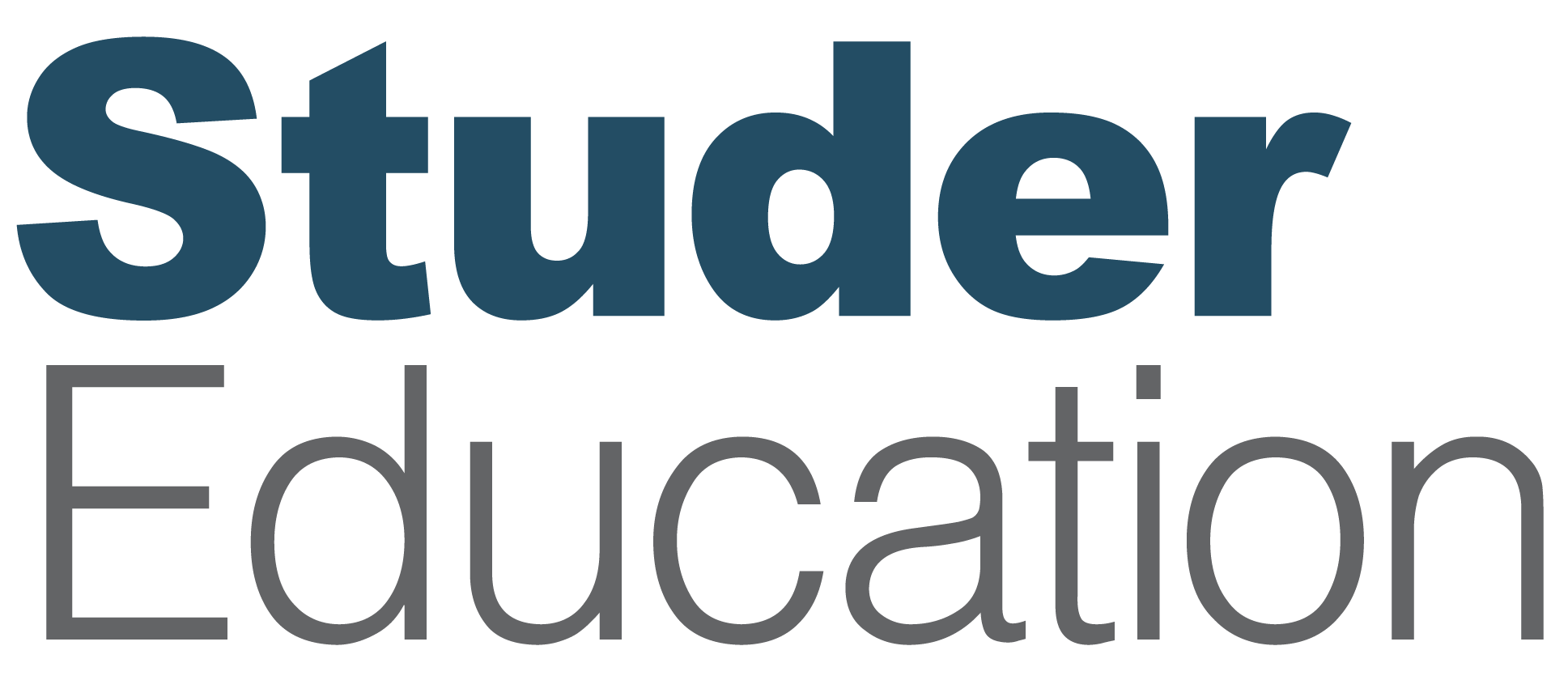One of Shakespeare’s most famous quotes is one short line that “encapsulates the central struggle and tragedy of the play Romeo and Juliet” (II, ii, 1-2):
What’s in a name? That which we call a rose
By any other name would smell as sweet.
Message optimization? Absolutely! The play’s central message is delivered in a few words, which then became a “most famous quote.” In a recent blog, Brady writes:
Optimization implies choosing better options over less desirable options. Without constraints… it is very difficult to make the best optimization decisions.
Brady just happens to be writing about setting a budget line-item, but the idea is transferable to how we think about reaching a departmental or organizational goal. As leaders we are challenged to think about optimization in the way we define and commit to strategic actions. In education, this means whether we’re leaders of a school or leaders of facilities, bus transportation, or food services, our school/department goals align to our district’s goal of “increasing student achievement.” So, where does optimization fit? It’s getting leaders and employees to think a different way about how to achieve the goal. Here’s an example my colleagues shared recently from Ms. Ruth Ann Kiley-Wiedmeyer, Director of Food Services for the School District of Menomonee Falls (WI):
When I talk with the youngsters in my life they tell me that “Taco/Nacho Day” is one of their all-time favorite school cafeteria meals. So what happens when it is no longer cost-effective to deliver this favorite menu day? This is the question the Food Services department in the School District of Menomonee Falls recently addressed. In order to keep this favorite menu day the Food Services team needed to think differently about how to deliver the Taco/Nacho Day menu more cost effectively.
 As a first step, the Food Services team reviewed the costs and processes of Taco/Nacho Day. In doing so, they found that one step in the day’s process, scraping cheese off of food trays, was very time-consuming and therefore not cost-effective. Ms. Kiley-Wiedmeyer and her team reviewed the costs for each step in the current process and the day’s process costs after placing an alternative step in the process—purchasing throw-away paper “boats” to place the taco/nacho items in—which eliminated the time-consuming (and costly) step of scraping cheese from the food trays. The result? Annual savings of $40,000!
As a first step, the Food Services team reviewed the costs and processes of Taco/Nacho Day. In doing so, they found that one step in the day’s process, scraping cheese off of food trays, was very time-consuming and therefore not cost-effective. Ms. Kiley-Wiedmeyer and her team reviewed the costs for each step in the current process and the day’s process costs after placing an alternative step in the process—purchasing throw-away paper “boats” to place the taco/nacho items in—which eliminated the time-consuming (and costly) step of scraping cheese from the food trays. The result? Annual savings of $40,000!
By optimizing a process, Food Services saved money which goes right back to educating the kids that these employees see and serve every day. Thinking differently and engaging with one another in systems improvement challenge us as leaders and employees to learn, grow, create, and perform better by constantly striving to become better and better at what we do. The end results are that we think about ways to improve that we may not have thought about before and we optimize processes that may lead to costs savings that may be re-purposed to achieving our organization’s mission.
______________________
Brady, Robert. (September 9, 2014). How To Set A PPC Budget blog post for Search Engine People. Available online at http://www.searchenginepeople.com/blog/howto-budget-ppc.html.
Discussion of Shakespeare quote accessed 9.15.2014 from eNotes here.
Photo credit of “Grab and Go” food line to School District of Menomonee Falls. Available here. Photo credit of Ms. Ruth Ann Kiley-Wiedmeyer to SDMF. Available here.
 Special thanks to Ms. Ruth Ann Kiley-Wiedmeyer who is Director of Food Services for the School District of Menomonee Falls (WI). The Taco/Nacho Day example highlights her leadership and the work of her team, and their engagement in saving the district thousands of dollars that can be re-purposed to meet the instructional needs of students in their school district.
Special thanks to Ms. Ruth Ann Kiley-Wiedmeyer who is Director of Food Services for the School District of Menomonee Falls (WI). The Taco/Nacho Day example highlights her leadership and the work of her team, and their engagement in saving the district thousands of dollars that can be re-purposed to meet the instructional needs of students in their school district.
Our mission at Studer Education is to help education systems achieve measurable results that produce positive outcomes in student achievement, employee engagement, support services, and financial efficiencies and productivity. Our goal is to help school systems provide students with a great place to learn, teachers with a great place to teach, and parents with confidence that their children are getting a great education. Follow us on Twitter at @StuderEducation and visit us online at https://studereducation.com. Studer Education is a division of Studer Group, ranked for the sixth straight year on the Best Small and Medium Workplaces by Great Place to Work® and a recipient of the 2010 Malcolm Baldrige National Quality Award.
Filed under: How to Lead…, Our Partners, Who’s Engaged? Tagged: @SDMFschools, Food Services, Leadership, Optimization, Process Improvement, School District of Menomonee Falls, Systems Improvement
![]()

